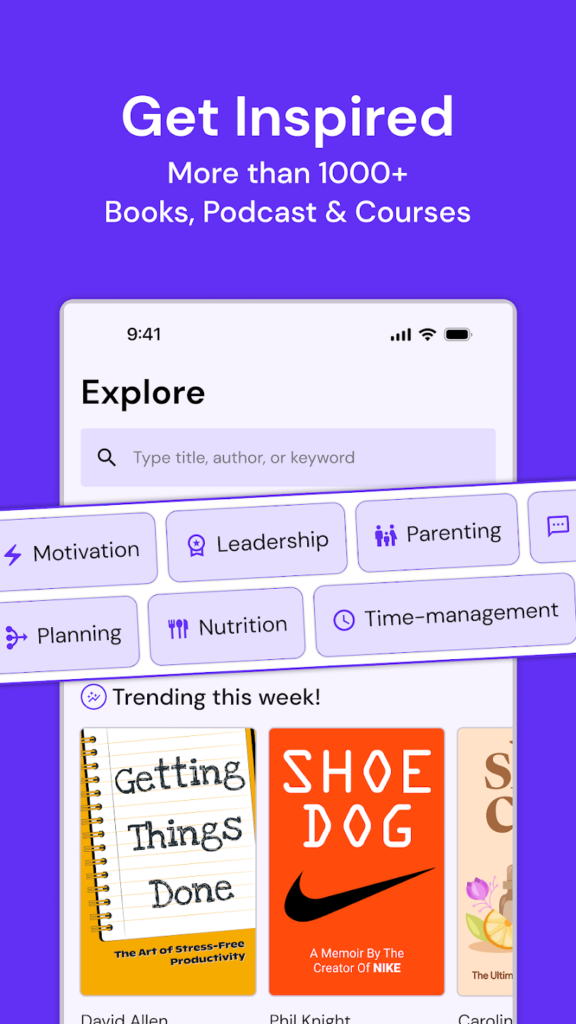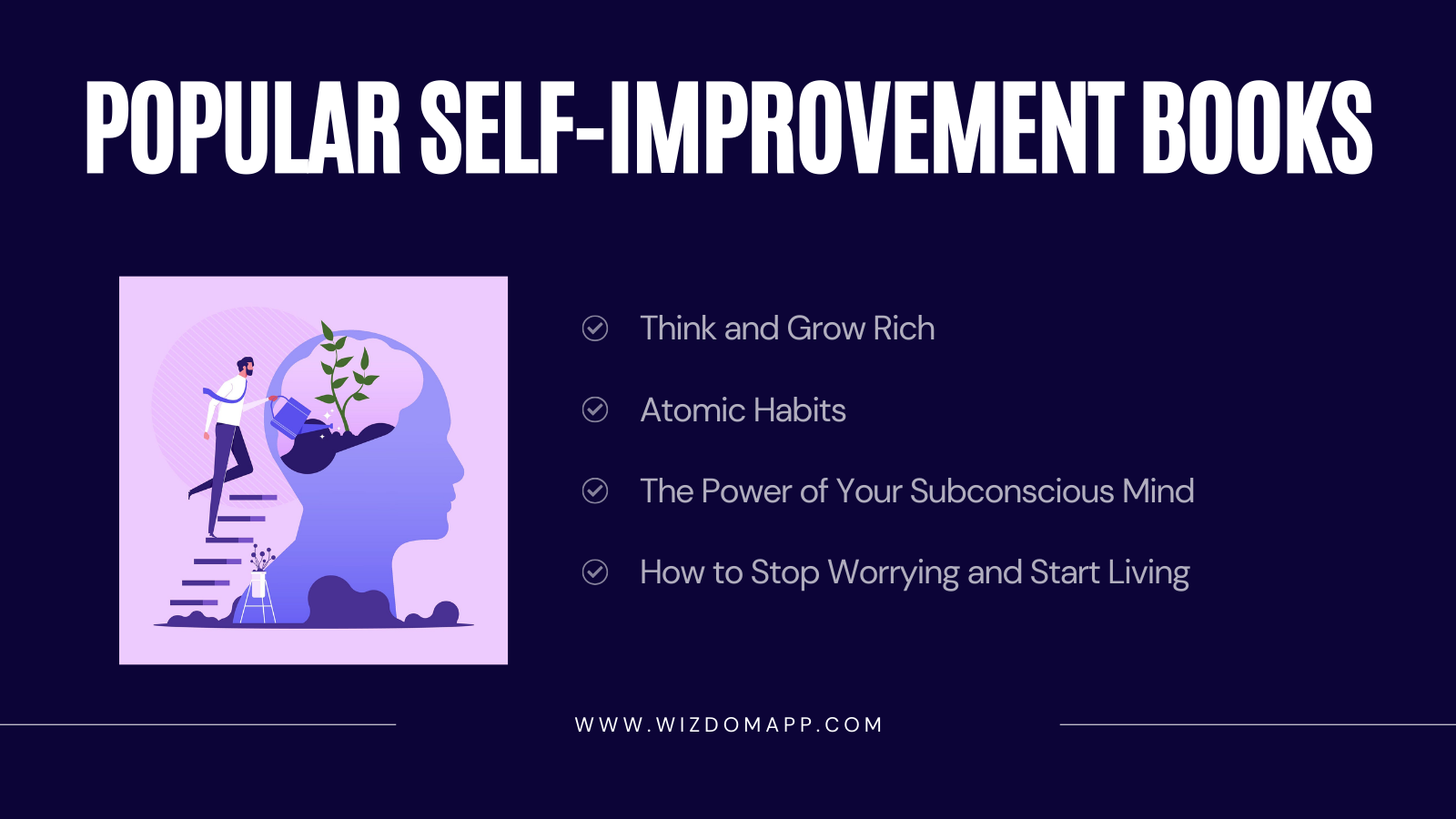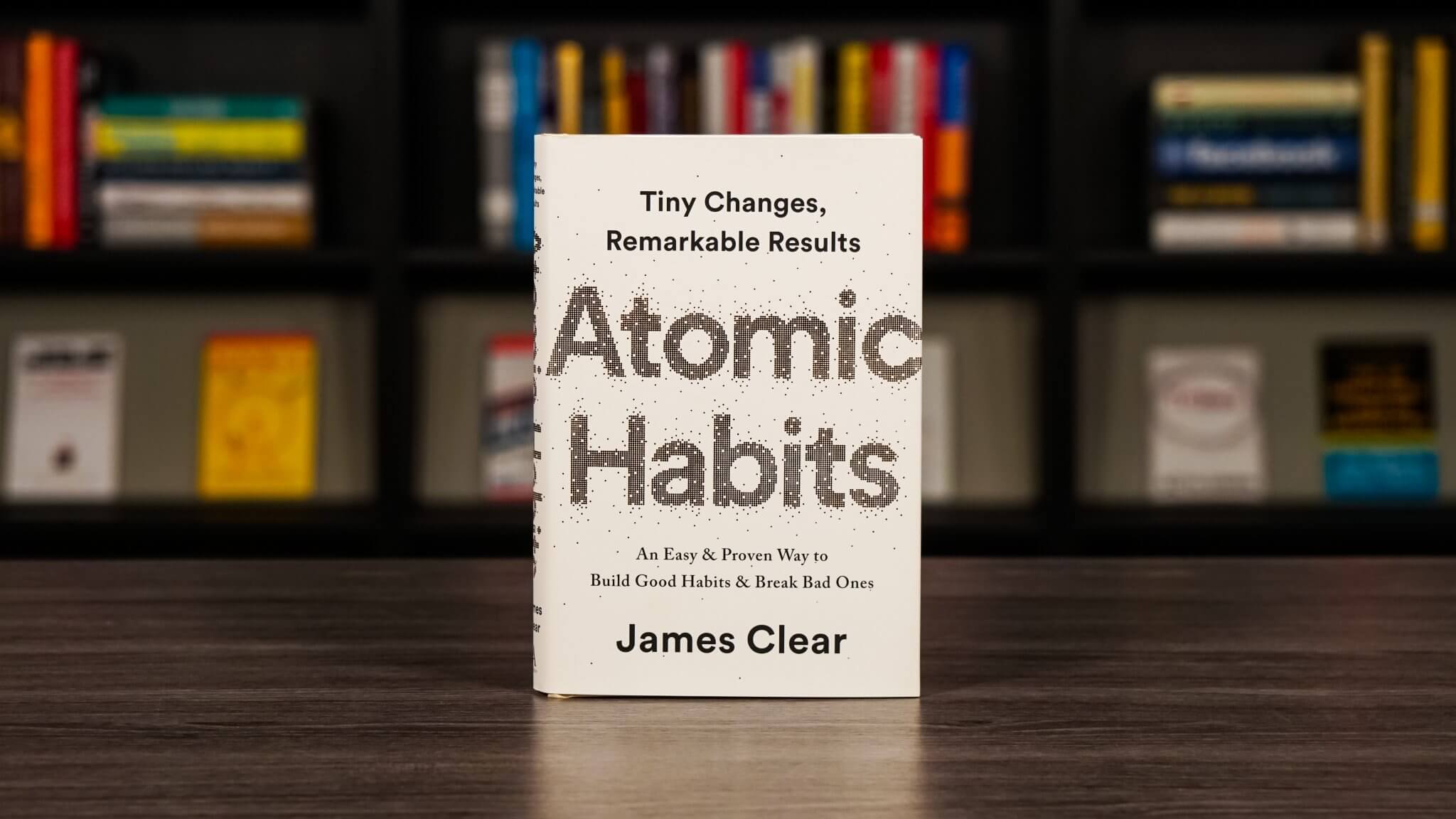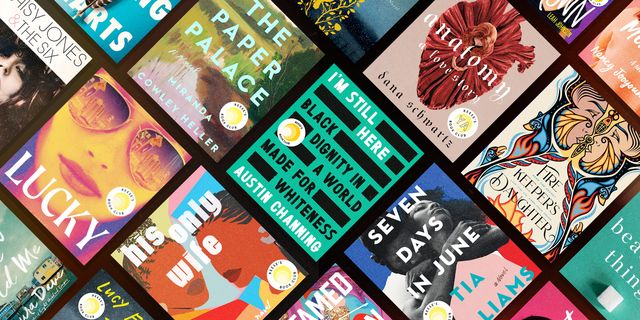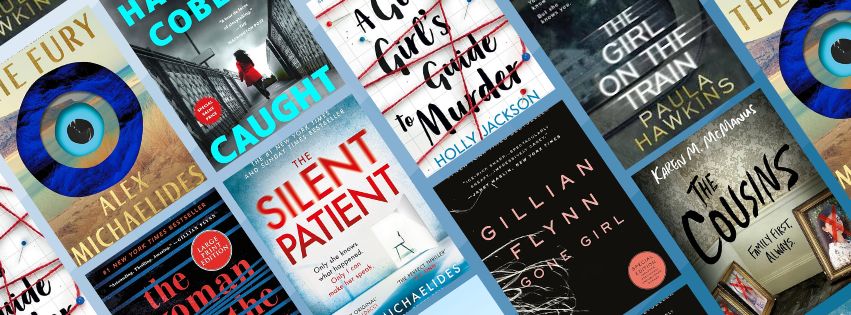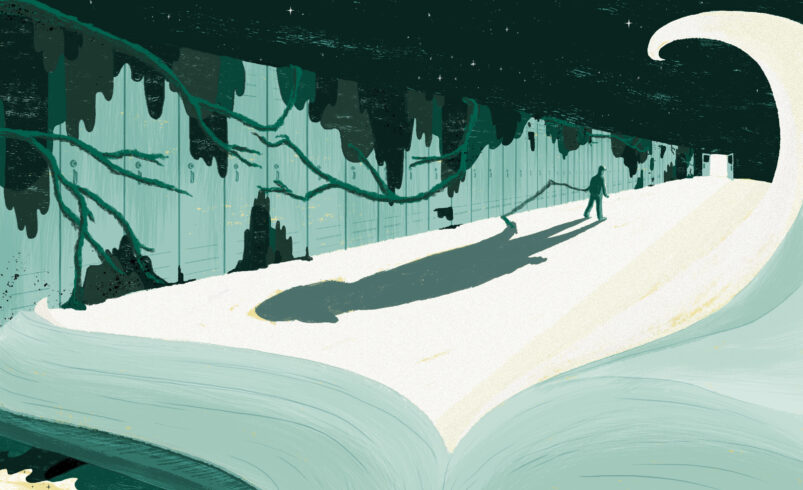
Dystopian fiction has always captivated readers with its chilling portrayals of societies gone awry. They’re a way of displaying the unimaginable in words that ultimately works upon our deepest fears. These books serve as mirrors reflecting the cautionary tales about the potential consequences of our actions.
They transport us to worlds where freedoms of the people are stripped away, and humanity faces its darkest times. Dystopian novels explore some themes such as oppressive governments, environmental catastrophes, or technological control, dystopian novels always challenge us to reflect on our own society and the path we are on.
Find here some of the iconic dystopian books that have left an indelible mark on the genre and serve as hallmark for Dystopian fiction:
Contents
- 1 1984 by George Orwell
- 2 1984
- 3 Brave New World by Aldous Huxley
- 4 The Handmaid’s Tale by Margaret Atwood
- 5 The Handmaid’s Tale
- 6 Fahrenheit 451 by Ray Bradbury
- 7 Fahrenheit 451
- 8 The Hunger Games by Suzanne Collins
- 9 The Hunger Games
- 10 Divergent by Veronica Roth
- 11 Divergent
- 12 The Giver by Lois Lowry
- 13 The Giver
- 14 Never Let Me Go by Kazuo Ishiguro
- 15 Never Let Me Go
- 16 Station Eleven by Emily St. John Mandel
- 17 Station Eleven
- 18 The Road by Cormac McCarthy
- 19 Snow Crash by Neal Stephenson
- 20 Children of Men by P.D. James
- 21 The Maze Runner by James Dashner
1984 by George Orwell
George Orwell’s extraordinary work presents a nightmare-ish vision of a totalitarian regime that employs surveillance, propaganda, and brutal repression to maintain control. The omnipresent “Big Brother” highlights the dangers of losing individual freedoms to authoritarian rule.
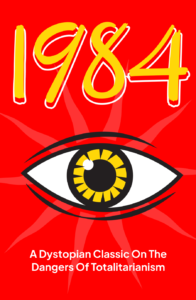
Brave New World by Aldous Huxley
In this dystopian future depicted by the author, society is made through genetic manipulation, conditioning, and a caste system that ensures complete stability at the cost of individuality and freedom. The author’s chilling narrative explores the implications of sacrificing important human emotions and intellect for a superficial sense of happiness.
The Handmaid’s Tale by Margaret Atwood
Set in the theocratic Republic of Gilead, this novel delves into the subjugation of women in a society where fertility is a prized utility. Through the eyes of Offred, a handmaid forced to bear children for the ruling class of people, we witness the horrors of a world where women’s rights are completely obliterated.
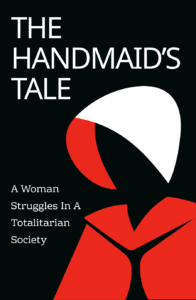
The Handmaid’s Tale
A woman struggle in totalitarian societyMargaret Atwood Fiction 1985
Available in: | |
Fahrenheit 451 by Ray Bradbury
In a future where books are banned and “firemen” burn any books that are found, Bradbury’s protagonist, Guy Montag, begins to question the society’s anti-intellectualism. This novel serves as a powerful warning against censorship and the suppression of ideas. With the revolution of books being absorbed in this story, the author depicts the suppression of idealistic concepts arising from the people.
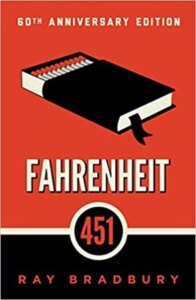
The Hunger Games by Suzanne Collins
Arising from the dystopian world of Panem, children are selected to participate in televised death matches as a form of complete government control. Katniss Everdeen’s fight for survival and resistance against the oppressive “Capitol” underscores themes of inequality, sacrifice, and the resilience of the human spirit.
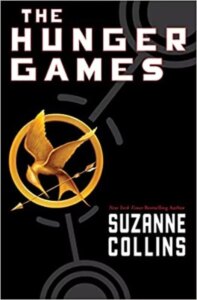
Divergent by Veronica Roth
The future Chicago where society is divided into factions based on human virtues, the author’s protagonist, Tris Prior, discovers she is “divergent” and doesn’t fit into any one category. The story explores themes of deformed identity, conformity, and the struggle to find one’s place in a manipulated fragmented society.
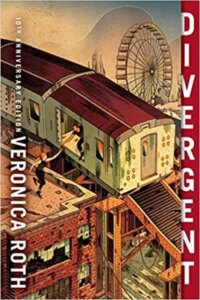
The Giver by Lois Lowry
In a seemingly perfect community that is devoid of pain and strife, a 12-year-old Jonas is chosen to inherit the position of “Receiver of Memory.” As he learns about the true nature of his society, he grapples with the cost of maintaining such an artificial harmony and fighting his own identity along the way.

Never Let Me Go by Kazuo Ishiguro
This haunting tale follows Kathy, Ruth, and Tommy, who grow up in an idyllic boarding school. As they mature, they uncover the dark truth about their purpose and the ethical dilemmas of scientific advancements and organ harvesting in that superficial world.
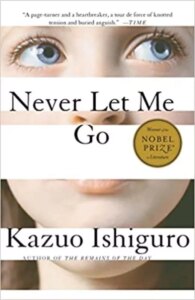
Station Eleven by Emily St. John Mandel
In the aftermath of a devastating flu pandemic, a travelling theatre troupe roams the scattered settlements of survivors. The author’s novel intertwines past and present, exploring the persistence of art, culture, and human connections in the face of societal collapse.


The Road by Cormac McCarthy
In this bleak narrative that follows a father and his young son as they work their way into a post-apocalyptic world destroyed by an unspecified disaster. Their journey through desolation and despair is an exploration of love, hope, and the ultimate will to survive.
Snow Crash by Neal Stephenson
In a fractured future America, Hiro the Protagonist, a computer hacker, uncovers a conspiracy involving a new drug and a powerful virtual reality environment. The author’s novel combines cyberpunk elements with social commentary on the digital age and corporate dominance.
Children of Men by P.D. James
This story is set in a world where humans have become infertile, the author’s novel paints a picture of a society that is facing extinction. Theo Faron, a disillusioned bureaucrat, becomes entangled in a plot to protect the first pregnant woman in decades, exploring themes of hope and redemption.
The Maze Runner by James Dashner
The protagonist, Thomas awakens in a mysterious maze with no memory of his past, surrounded by other boys who are similarly trapped. Together, they all must navigate the complicated world of lies and uncover the secrets behind their grim predicament, delving into the nature of survival.
Dystopian literature remains a powerful tool for examining the complexities of our world and the potential paths we might take as people. These stories, though often grim, carry a glimmer of hope and resilience in the midst of chaos, reminding us of enduring the human spirit and the importance of safeguarding our freedoms and values.
Through these cautionary tales, we are prompted to reflect on our own society and the choices that will shape our future.
Want to know more about such books and challenges?
Read the complete set of most-read books for FREE on the Wizdom App
Don’t forget to check the app out and get adorned with 1500+ of the world’s best books, courses, podcasts, infographics.
Find the link here to an endless journey of reading!

Kavya Sriram
Kavya Sriram is currently pursuing a triple major in Journalism Psychology and English. In her free time you can find her arguing the complexities of lana del rey’s albums or petting cats. Kavya loves to read and argue that “the book is better than the film”.
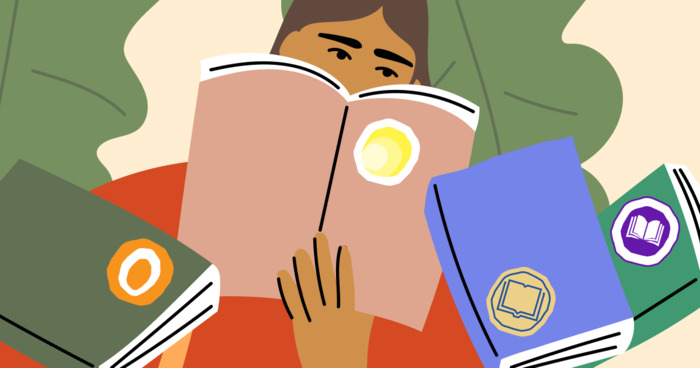
Pursue your 30 Day Reading Challenge
Recent Posts
- 25 Top Quotes from The 10X Rule to Supercharge Your Ambition
- 10 Books You Must Read to Succeed in Your Career
- 30 Little Tricks for Big Success in Relationships
- 25 Life-Changing Self-Help Books to Read This December: Boost Your Mood and Your Mind
- 25 Amazing Self-Care Tips for December: Wrap Yourself in Joy, Not Stress


